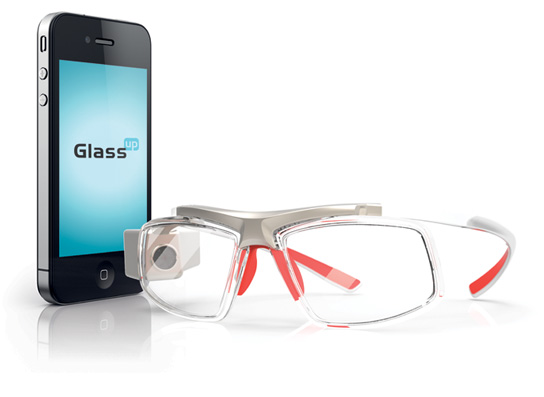It’s remarkable how the reworking of a 1990s video game is proving to be the first big augmented reality success.
As I’m writing this in the Sydney Airport departures lounge, thousands of people are getting ready to trawl the city’s streets for Pokemon as the company’s servers struggle with the load.
For Nintendo, a company that’s struggled to remain relevant in recent years, Pokemon Go’s success revitalises them while for Niantic, the augmented reality and mapping service spun off from Google, this validates their business.
Niantic’s success after being spun off from Google probably indicates the future for many of Alphabet’s many companies. Freed from the constraints of Google’s sprawling bureaucracy, companies like Niantic are far more likely to be able to execute on their technologies.
We can expect to see plenty of companies looking at replicating Pokemon Go’s success with their products and many millions of bits will created as the marketing industry ponders how it can make money from augmented reality games and applications. Most will fail.
The big winner though from Pokemon Go’s success are those in the artificial and virtual reality communities, the great success of the product will have caught the imagination of many executives and entrepreneurs – particularly in the tech sector where the search for the next big is becoming a little frantic as investors and consumers become jaded with smartphones and social media.
Pokemon Go marks the start of the augmented reality gold rush, who profits from it remains to be seen. It also gives Alphabet a strong indicator of how to monetize the companies under the Google umbrella.

